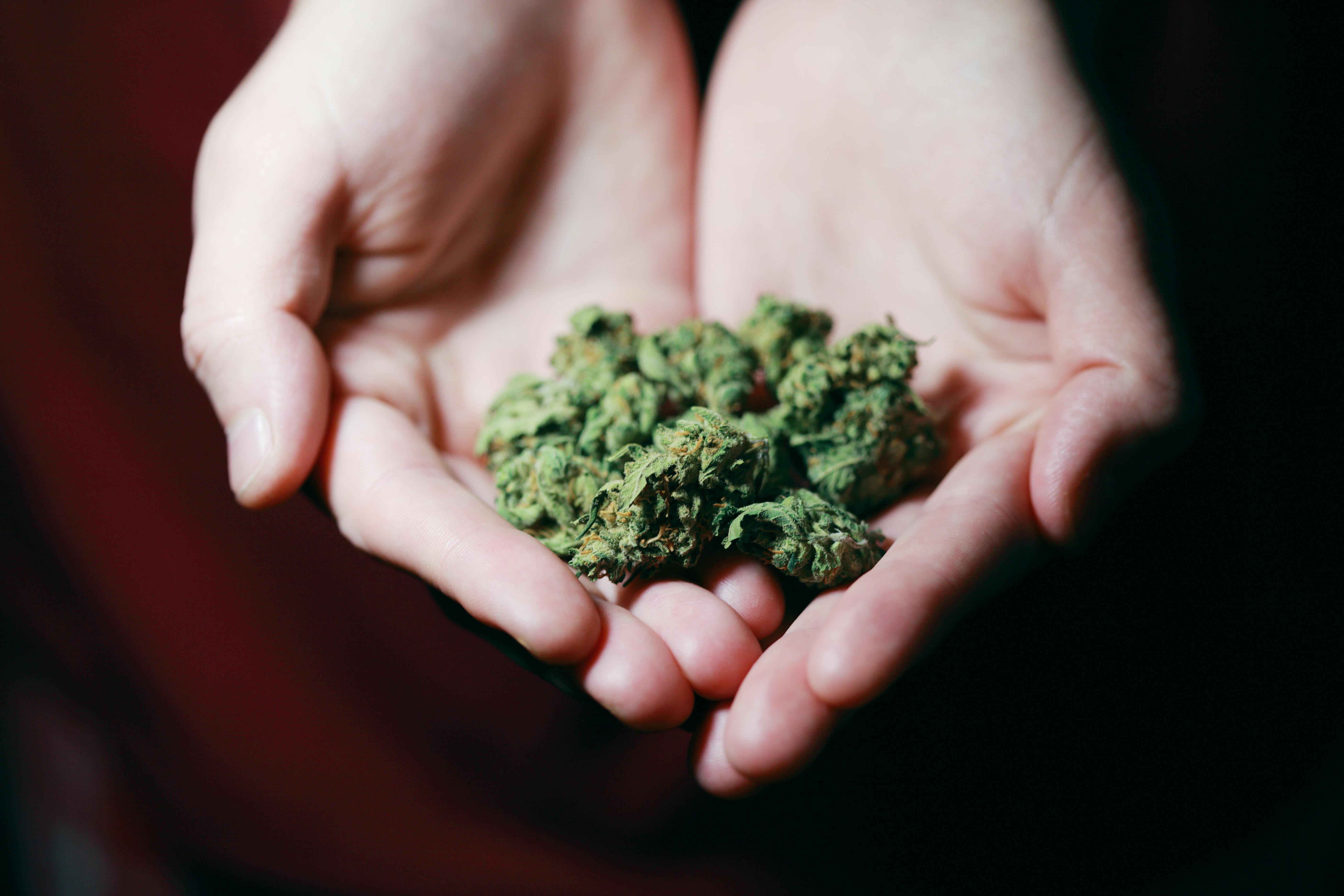Distilling alcohol is an ancient practice that has been used for centuries, but in many countries, it is illegal to distill without a license. In some countries, even possessing the equipment necessary to distill alcohol is illegal. This article will discuss the legality of distilling alcohol and provide an overview of the regulations in various countries.Yes, it is illegal to distill alcohol without a permit from the Alcohol and Tobacco Tax and Trade Bureau (TTB). In the United States, the federal government regulates the production of alcohol for beverage purposes.
What Is Distilling?
Distilling is a process used to separate and purify liquids. It involves heating a liquid to its boiling point and then condensing the vapors, which are then collected and cooled. This process is used to create distilled beverages such as whiskey, vodka, and gin. It can also be used to produce essential oils, medical grade alcohols, and even fuel. Distillation can be used to separate complex mixtures of chemicals into their individual components. Generally, the vaporized component of the mixture will boil off first, so the distiller can collect it separately from the other components. This process is repeated until all of the components of the mixture have been separated and purified.
State Laws on Distilling Alcohol
Distilling alcohol is a complex process that requires expertise and caution. It is also heavily regulated by state law in the United States. Each state has its own set of regulations governing the distillation of alcoholic beverages, and it is important for distillers to be aware of these laws before undertaking any distilling projects.
In general, all states require that anyone wanting to distill alcohol must obtain a permit from the appropriate authorities. The permit must include information about the type of spirit being produced, as well as the amount of alcohol that will be produced. Some states also require additional permits for larger scale operations or for more complex processes such as barrel aging. Additionally, many states limit the amount of alcohol that can be distilled per year and impose other restrictions on production.
It is also important to note that many states require distillers to obtain special licenses or permits in order to sell their products commercially. This may include obtaining a license from the Alcohol and Tobacco Tax and Trade Bureau (TTB) or registering with local authorities in order to operate a business selling distilled spirits. Additionally, some states have specific labeling requirements for distilled spirits, so
Does Home Distilling Require a License?
The answer to this question depends on where you live. In the United States, the Alcohol and Tobacco Tax and Trade Bureau (TTB) regulates the distillation of alcohol for personal use. Depending on the state you live in, you may need to obtain a license from the TTB before you can legally distill alcohol at home. Some states also require that you obtain a license from their local Alcohol Beverage Control (ABC) authority in order to distill spirits at home.
In most states, it is illegal to distill alcohol without a license from the TTB or ABC. It is important to research your state’s laws before attempting to distill alcohol at home, as penalties for doing so without proper authorization may be severe. Even if your state does not require a license, it is still illegal under federal law to distill alcohol for any purpose other than fuel production without obtaining a permit from the TTB.
In addition to requiring permits or licenses, many states also have regulations that must be followed when distilling spirits at home. For example, some states may require that all equipment used in home
Are There Federal Laws on Distilling?
Yes, there are federal laws in place governing the distillation of alcoholic beverages. The Alcohol and Tobacco Tax and Trade Bureau (TTB) is the federal agency responsible for regulating the production, importation, taxation, and sale of alcohol in the United States. The TTB administers various laws and regulations that apply to the production of distilled spirits, including requirements for labels, taxes, recordkeeping, reporting, and more.
The TTB also issues permits for distillers to produce spirits legally. These permits are required for any facility that produces more than 100 gallons of distilled spirits annually. In addition to obtaining a permit from the TTB, many states also require their own permit or license in order to operate a distillery.
The TTB is also responsible for enforcing federal excise taxes on distilled spirits produced in the United States. All producers of distilled spirits must pay taxes based on the volume they produce and/or sell.
In addition to these federal regulations governing distilling operations, states may have their own additional regulations or restrictions on production. It is important to understand all local and state laws before starting any dist

Is It Legal to Own a Still in the US?
The short answer to this question is yes, it is legal to own a still in the United States. However, there are certain restrictions and permits that need to be obtained in order to legally own and operate a still. The most important restriction is that distilling alcohol without a permit from the Alcohol and Tobacco Tax and Trade Bureau (TTB) is illegal. The TTB requires anyone who wishes to distill alcohol for any purpose other than fuel (such as making whiskey, vodka, or other distilled spirits) to obtain a Distilled Spirits Plant (DSP) permit. In addition, state and local laws may also need to be taken into consideration when obtaining a permit. For example, some states require additional permits or licensing for businesses that produce alcoholic beverages.
In addition to obtaining the necessary permits, there are also certain regulations that must be followed when owning and operating a still. These regulations include ensuring that all distilling activities are conducted in compliance with applicable laws, adhering to safety requirements for equipment used during the process of distillation, and maintaining records of all activities related to the production of distilled spirits.
Potential Penalties for Illegal Home Distillation
Home distillation of alcohol is illegal in many countries around the world, including the United States. The penalties for illegal home distillation can vary greatly depending on the country, state or province where the distillation takes place. Generally, though, potential penalties can include fines, jail time and seizure of property.
In Europe and other countries outside of North America, home distillation is usually illegal but may be allowed in certain circumstances with a license. In some cases, if the home distiller has a license to produce alcohol commercially, home distillation may be allowed as long as it falls within certain limits. In these cases, the penalties for illegal home distillation generally include fines and possible jail time.
In North America, home distilling is generally illegal in all states and provinces with no exceptions. The potential penalties for illegal home distillation in North America are typically more severe than those in other parts of the world because it is considered a form of tax evasion. In most cases, penalties include large fines and jail time. In some cases seizures of property are also possible if the government believes that the person was selling or distributing
Can You Legally Make Moonshine in the US?
It is illegal to produce moonshine without a permit in the United States. The Alcohol and Tobacco Tax and Trade Bureau (TTB) of the US Department of Treasury is responsible for regulating and taxing the production of alcohol, including moonshine. In order to legally produce moonshine, distilleries must acquire a federal basic permit from the TTB. This permit allows for the production of spirits such as moonshine as well as other alcoholic beverages like beer, wine, and liquor.
In addition to obtaining a federal basic permit from the TTB, distilleries must also obtain a license from their state government or local county depending on where they are located. The laws governing alcohol production vary by state and may impose additional restrictions on those who wish to legally make moonshine. For example, some states may require additional permits or licenses to produce certain types of spirits or to sell them in certain locations.
In order to legally make moonshine in most states, distilleries must also pay taxes on their products. The amount of tax imposed

Conclusion
Distilling alcohol at home is a practice with a long history, but it is not legal in the United States and many other countries. The laws vary from place to place, so anyone interested in distilling should research their local regulations. In the United States, it is illegal to distill without a permit and those found doing so are subject to criminal penalties.
Distillation can be dangerous if done improperly, as the process involves flammable materials and generates high pressure. Those who choose to distill should take safety precautions, such as wearing protective gear and making sure to have adequate ventilation.
For those who are interested in producing their own spirits legally, there are several options available that don’t require a permit. Homebrewing kits are available online and provide an easy way for people to make beer or wine at home without breaking any laws.
In conclusion, it is important for anyone considering distilling alcohol at home to understand the legal implications of doing so. Distilling can have serious consequences if done without proper permits or safety precautions, so researching local regulations and taking proper safety measures is essential.

